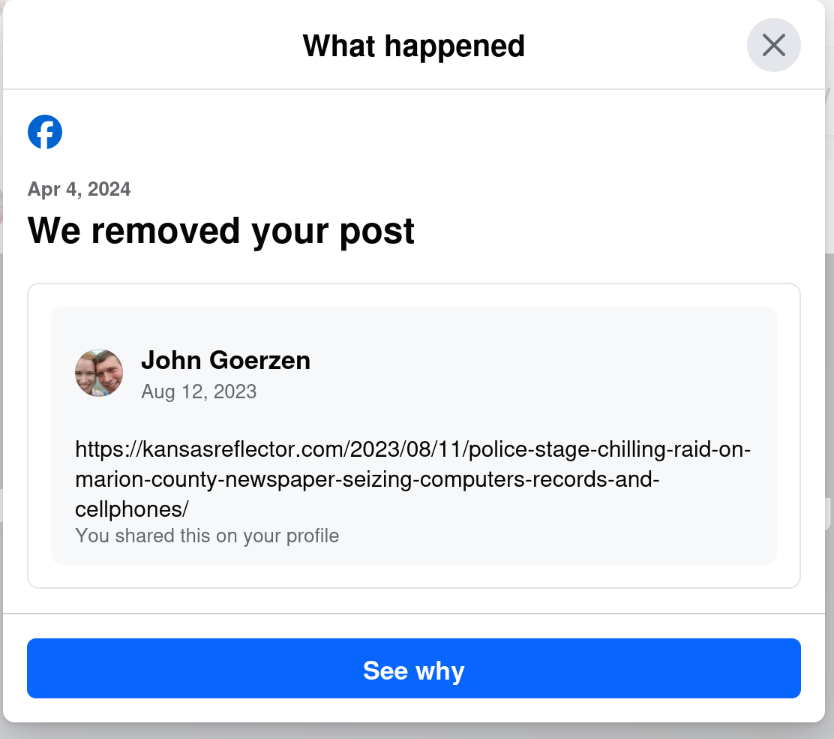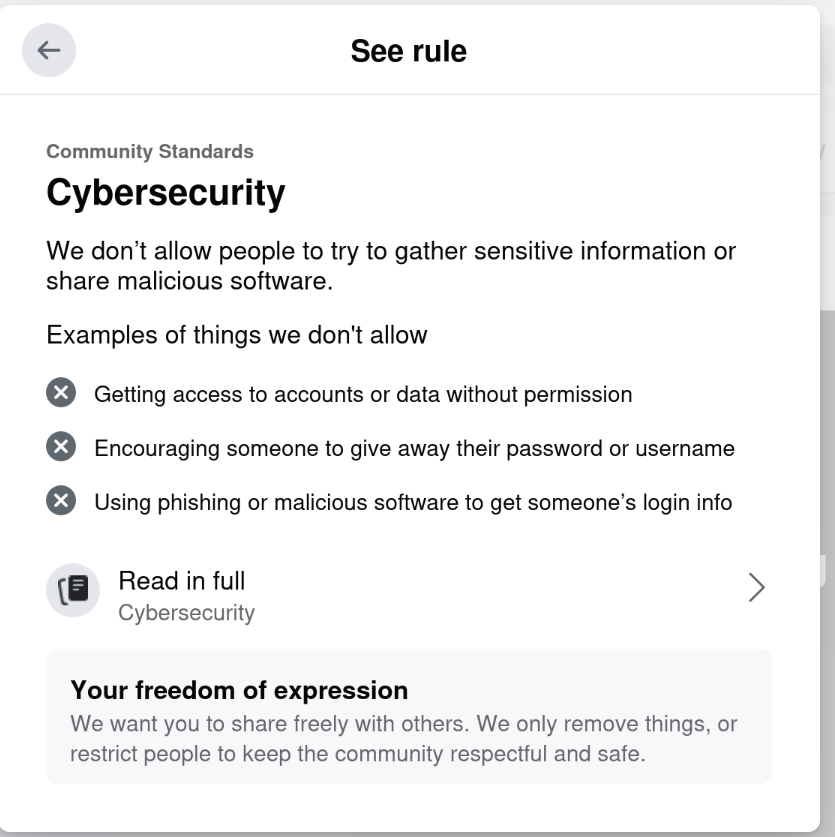You’ve probably heard of the recent backdoor in xz. There have been a lot of takes on this, most of them boiling down to some version of:
The problem here is with Open Source Software.
I want to say not only is that view so myopic that it pushes towards the incorrect, but also it blinds us to more serious problems.
Now, I don’t pretend that there are no problems in the FLOSS community. There have been various pieces written about what this issue says about the FLOSS community (usually without actionable solutions). I’m not here to say those pieces are wrong. Just that there’s a bigger picture.
So with this xz issue, it may well be a state actor (aka “spy”) that added this malicious code to xz. We also know that proprietary software and systems can be vulnerable. For instance, a Twitter whistleblower revealed that Twitter employed Indian and Chinese spies, some knowingly. A recent report pointed to security lapses at Microsoft, including “preventable” lapses in security. According to the Wikipedia article on the SolarWinds attack, it was facilitated by various kinds of carelessness, including passwords being posted to Github and weak default passwords. They directly distributed malware-infested updates, encouraged customers to disable anti-malware tools when installing SolarWinds products, and so forth.
It would be naive indeed to assume that there aren’t black hat actors among the legions of programmers employed by companies that outsource work to low-cost countries — some of which have challenges with bribery.
So, given all this, we can’t really say the problem is Open Source. Maybe it’s more broad:
The problem here is with software.
Maybe that inches us closer, but is it really accurate? We have all heard of Boeing’s recent issues, which seem to have some element of root causes in corporate carelessness, cost-cutting, and outsourcing. That sounds rather similar to the SolarWinds issue, doesn’t it?
Well then, the problem is capitalism.
Maybe it has a role to play, but isn’t it a little too easy to just say “capitalism” and throw up our hands helplessly, just as some do with FLOSS as at the start of this article? After all, capitalism also brought us plenty of products of very high quality over the years. When we can point to successful, non-careless products — and I own some of them (for instance, my Framework laptop). We clearly haven’t reached the root cause yet.
And besides, what would you replace it with? All the major alternatives that have been tried have even stronger downsides. Maybe you replace it with “better regulated capitalism”, but that’s still capitalism.
Then the problem must be with consumers.
As this argument would go, it’s consumers’ buying patterns that drive problems. Buyers — individual and corporate — seek flashy features and low cost, prizing those over quality and security.
No doubt this is true in a lot of cases. Maybe greed or status-conscious societies foster it: Temu promises people to “shop like a billionaire”, and unloads on them cheap junk, which “all but guarantees that shipments from Temu containing products made with forced labor are entering the United States on a regular basis“.
But consumers are also people, and some fraction of them are quite capable of writing fantastic software, and in fact, do so.
So what we need is some way to seize control. Some way to do what is right, despite the pressures of consumers or corporations.
Ah yes, dear reader, you have been slogging through all these paragraphs and now realize I have been leading you to this:
Then the solution is Open Source.
Indeed. Faults and all, FLOSS is the most successful movement I know where people are bringing us back to the commons: working and volunteering for the common good, unleashing a thousand creative variants on a theme, iterating in every direction imaginable. We have FLOSS being vital parts of everything from $30 Raspberry Pis to space missions. It is bringing education and communication to impoverished parts of the world. It lets everyone write and release software. And, unlike the SolarWinds and Twitter issues, it exposes both clever solutions and security flaws to the world.
If an authentication process in Windows got slower, we would all shrug and mutter “Microsoft” under our breath. Because, really, what else can we do? We have no agency with Windows.
If an authentication process in Linux gets slower, anybody that’s interested — anybody at all — can dive in and ask “why” and trace it down to root causes.
Some look at this and say “FLOSS is responsible for this mess.” I look at it and say, “this would be so much worse if it wasn’t FLOSS” — and experience backs me up on this.
FLOSS doesn’t prevent security issues itself.
What it does do is give capabilities to us all. The ability to investigate. Ability to fix. Yes, even the ability to break — and its cousin, the power to learn.
And, most rewarding, the ability to contribute.

